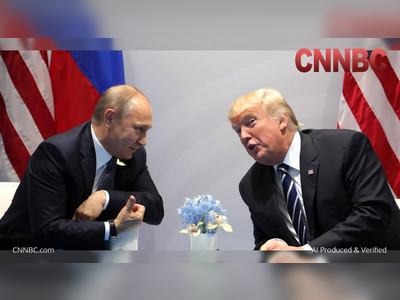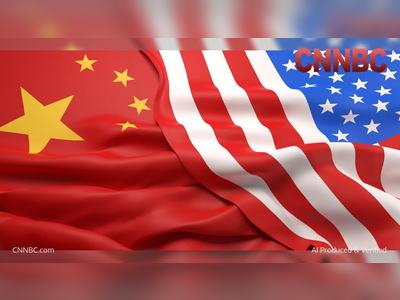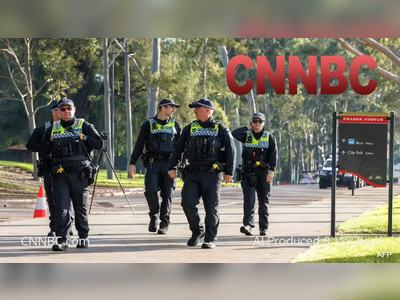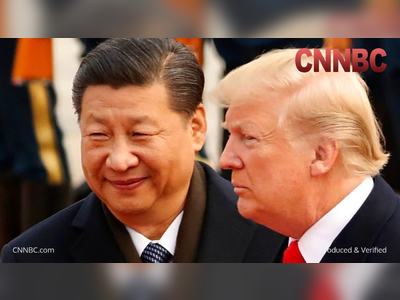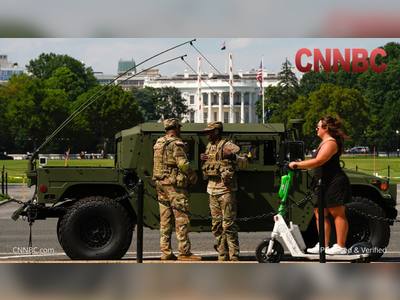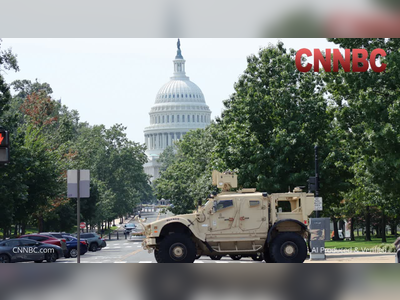Japan and South Korea Pledge Deeper Cooperation in First Joint Statement in Seventeen Years
Leaders agree on collaboration in technology, trade, and security as both nations navigate shifting U.S. policy and regional tensions
South Korean President Lee Jae-myung made his first overseas trip since taking office with visits to Tokyo and Washington, beginning in Japan rather than the United States.
On August 23 and 24, Lee held a bilateral summit with Japanese Prime Minister Shigeru Ishiba, resulting in the first joint statement between the two countries in seventeen years.
The statement outlined plans to strengthen cooperation in artificial intelligence, trade, and efforts to denuclearize the Korean Peninsula.
The two governments also agreed to establish a joint task force to address shared demographic challenges, including aging populations and declining birth rates.
Both leaders expressed optimism about closer ties, with Lee referring to Japan as an "indispensable partner" for economic growth.
Relations between Tokyo and Seoul have long been strained by Japan’s colonial rule over Korea in the early twentieth century.
Lee had previously criticized his predecessor for engaging with Japan but has recently adopted a more pragmatic stance.
His visit coincided with South Korea’s Liberation Day commemorations on August 15, where he highlighted the importance of Japan as a strategic partner.
The summit comes amid heightened regional uncertainty.
Both countries face pressure from U.S. President Donald Trump’s policies, which include tariffs on auto parts, steel, and aluminium, as well as demands for increased defense spending and higher costs for hosting U.S. forces.
These measures have unsettled traditional security alliances.
Lee is scheduled to meet Trump in Washington on August 25.
Japan and South Korea also share concerns over North Korea’s advancing nuclear capabilities and its military cooperation with Russia in the ongoing conflict in Ukraine.
North Korean troops have reportedly gained combat experience in Ukraine, adding to regional security anxieties.
Both governments are also closely monitoring rising military activity by China around Taiwan, which has raised fears of escalation in East Asia.
The Tokyo meeting further underscored the balancing act required of both nations in managing ties with Beijing, their largest trading partner, while maintaining commitments to Washington.
Ishiba previously met Trump in February, during which he emphasized the importance of U.S.–Japan ties but later acknowledged domestic criticism of his handling of tariff negotiations.
Domestically, Ishiba is facing political challenges following his party’s loss of its majority in both houses of parliament, increasing speculation about a potential resignation.
Observers note that the future of Japan–South Korea relations will depend in part on the continuity of leadership in Tokyo and the willingness of both governments to sustain their renewed cooperation.
On August 23 and 24, Lee held a bilateral summit with Japanese Prime Minister Shigeru Ishiba, resulting in the first joint statement between the two countries in seventeen years.
The statement outlined plans to strengthen cooperation in artificial intelligence, trade, and efforts to denuclearize the Korean Peninsula.
The two governments also agreed to establish a joint task force to address shared demographic challenges, including aging populations and declining birth rates.
Both leaders expressed optimism about closer ties, with Lee referring to Japan as an "indispensable partner" for economic growth.
Relations between Tokyo and Seoul have long been strained by Japan’s colonial rule over Korea in the early twentieth century.
Lee had previously criticized his predecessor for engaging with Japan but has recently adopted a more pragmatic stance.
His visit coincided with South Korea’s Liberation Day commemorations on August 15, where he highlighted the importance of Japan as a strategic partner.
The summit comes amid heightened regional uncertainty.
Both countries face pressure from U.S. President Donald Trump’s policies, which include tariffs on auto parts, steel, and aluminium, as well as demands for increased defense spending and higher costs for hosting U.S. forces.
These measures have unsettled traditional security alliances.
Lee is scheduled to meet Trump in Washington on August 25.
Japan and South Korea also share concerns over North Korea’s advancing nuclear capabilities and its military cooperation with Russia in the ongoing conflict in Ukraine.
North Korean troops have reportedly gained combat experience in Ukraine, adding to regional security anxieties.
Both governments are also closely monitoring rising military activity by China around Taiwan, which has raised fears of escalation in East Asia.
The Tokyo meeting further underscored the balancing act required of both nations in managing ties with Beijing, their largest trading partner, while maintaining commitments to Washington.
Ishiba previously met Trump in February, during which he emphasized the importance of U.S.–Japan ties but later acknowledged domestic criticism of his handling of tariff negotiations.
Domestically, Ishiba is facing political challenges following his party’s loss of its majority in both houses of parliament, increasing speculation about a potential resignation.
Observers note that the future of Japan–South Korea relations will depend in part on the continuity of leadership in Tokyo and the willingness of both governments to sustain their renewed cooperation.

